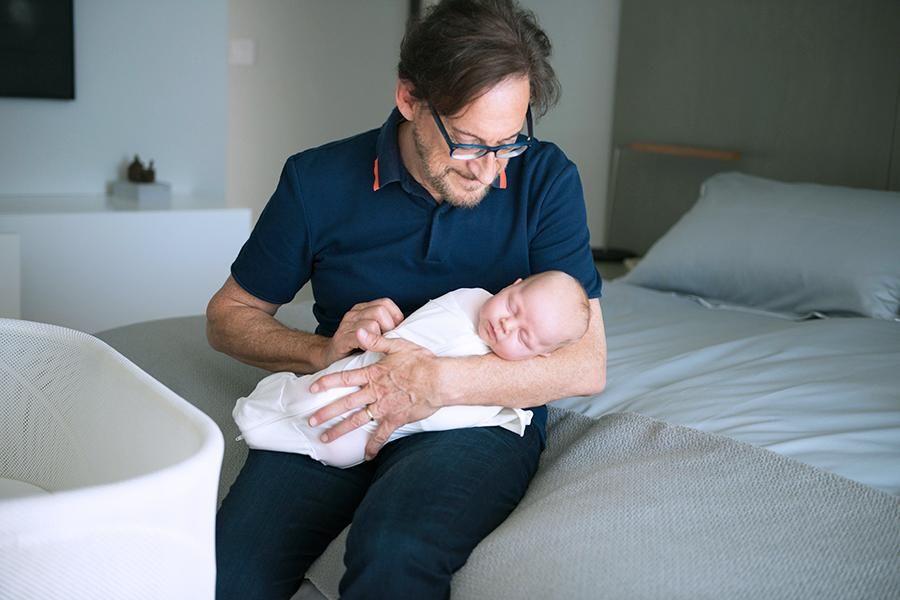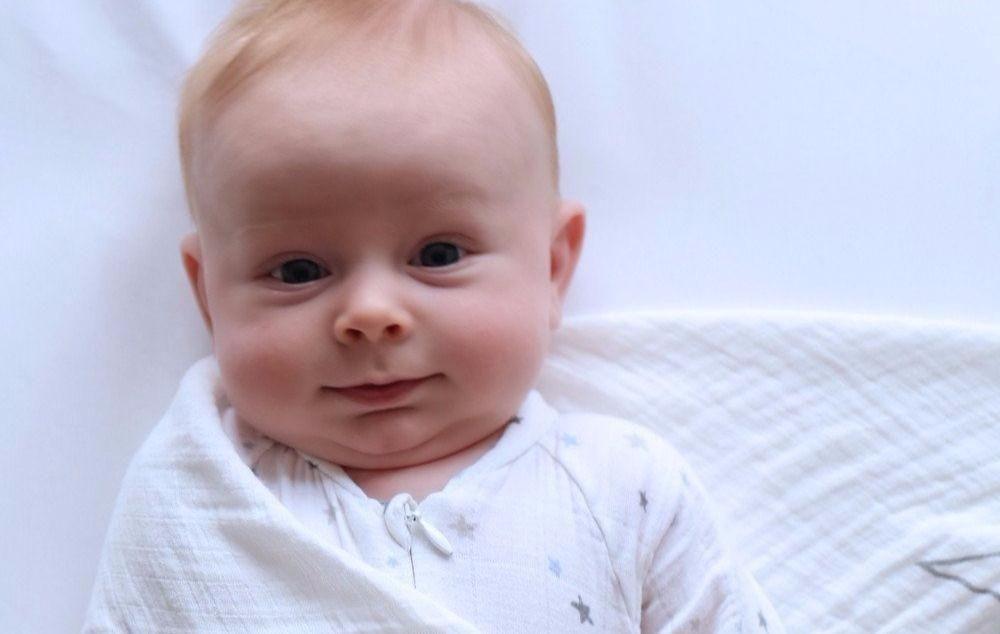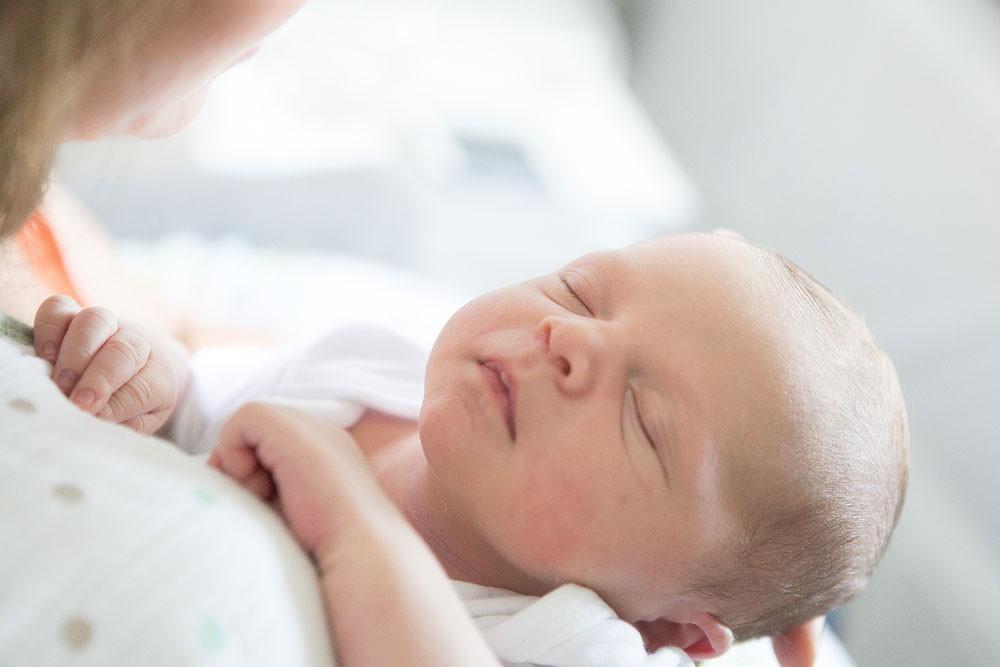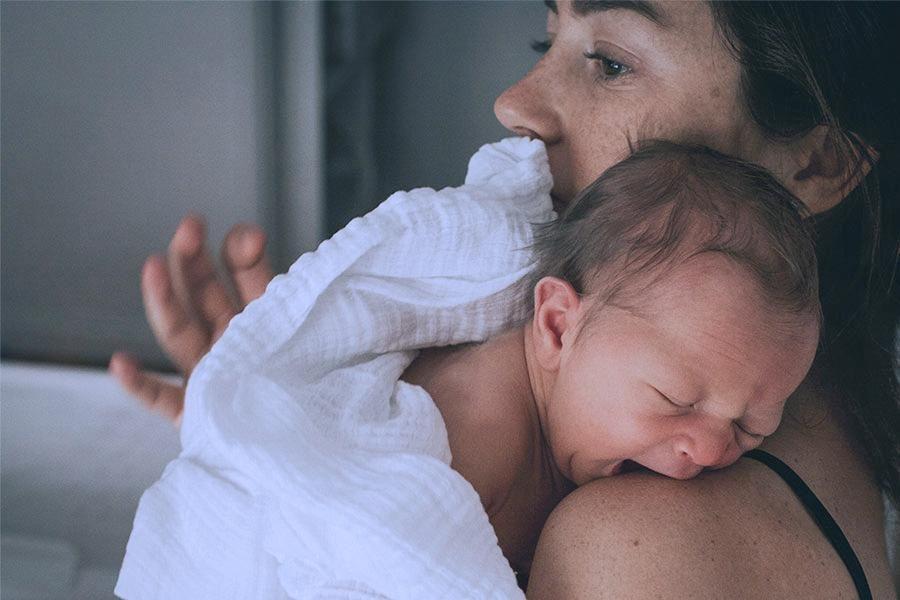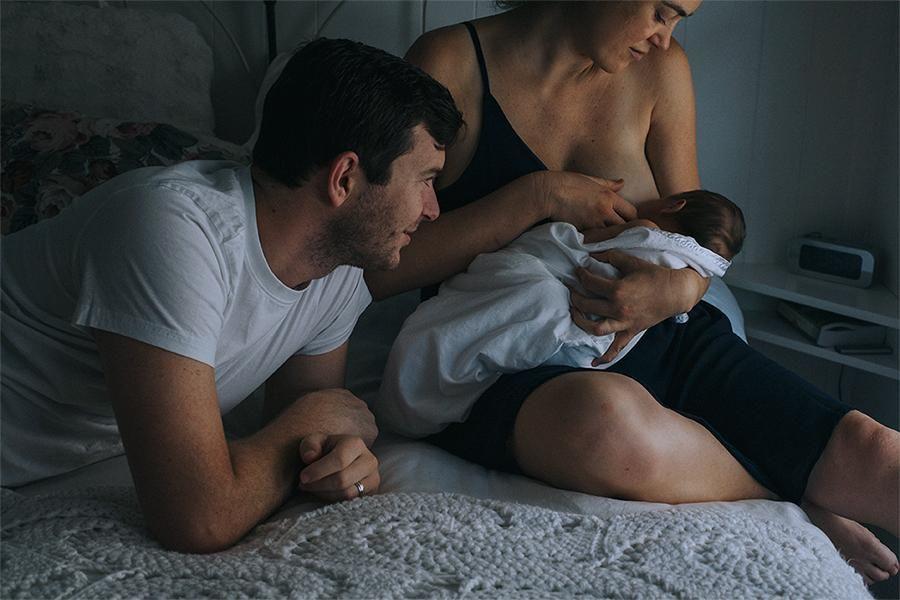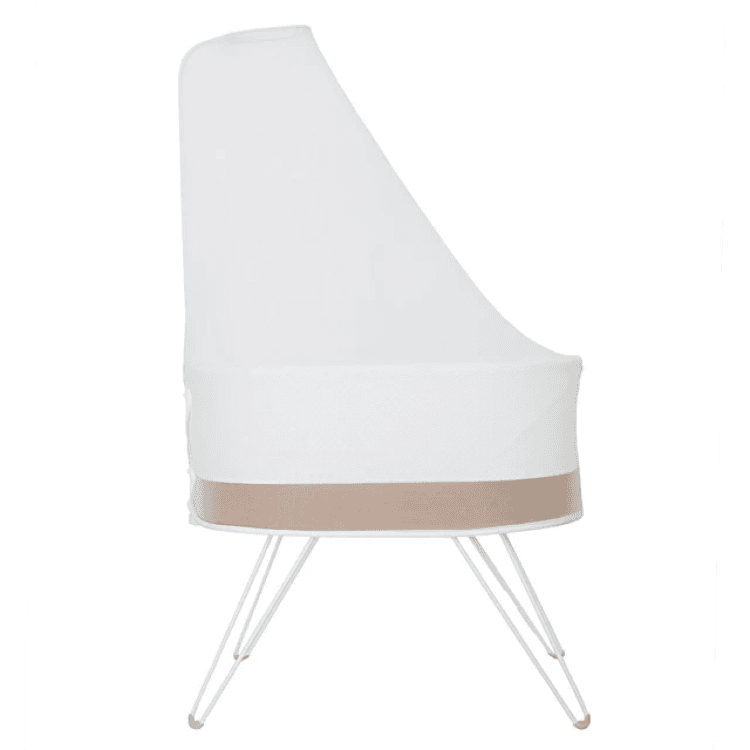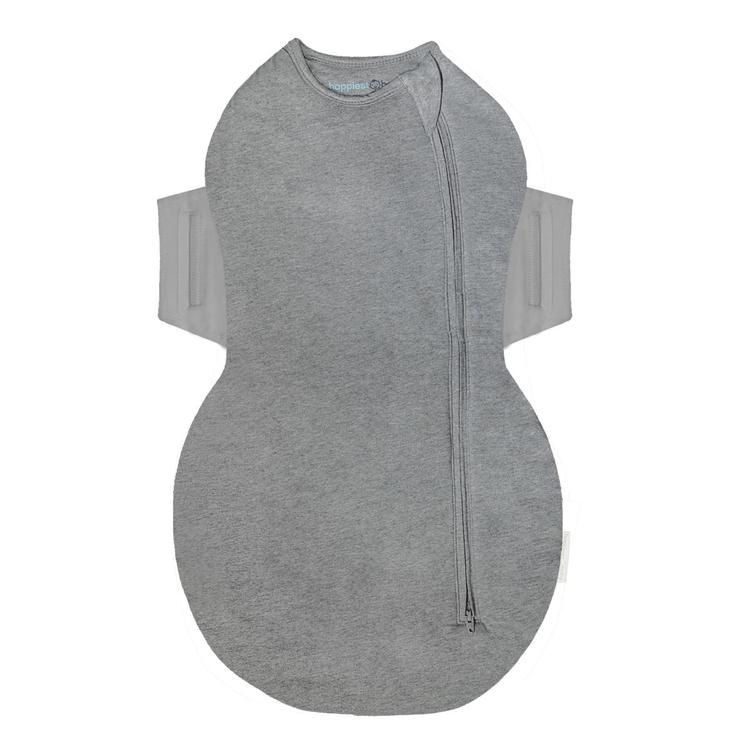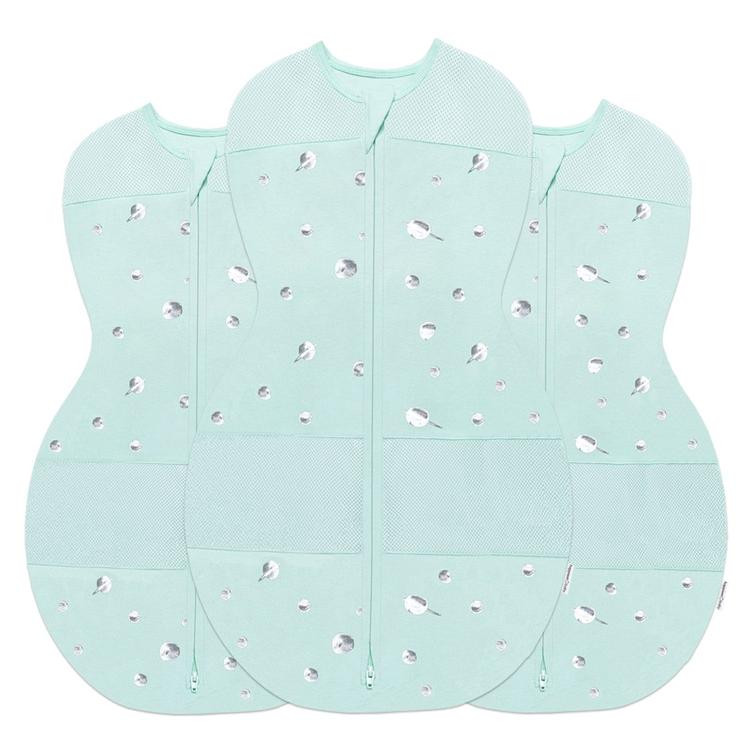PREGNANCY
Is Pregnancy Brain Real?
Plus, how to cope with brain fog while you’re expecting.

Written by
Dr. Harvey Karp

If you’ve ever found your keys in the fridge or walked into a room only to forget why you went there—while pregnant—you’re not alone. The experience commonly dubbed “pregnancy brain” is something many expecting parents report. But is it real? And what’s really going on in the brain during pregnancy? Let’s take a closer look at the science behind the forgetfulness, fogginess, and mental miscues of pregnancy.
What is pregnancy brain?
"Pregnancy brain," sometimes called "mumnesia," refers to a set of cognitive changes that some pregnant people notice, including forgetfulness, difficulty concentrating, and mental fuzziness. You might misplace everyday items, lose your train of thought mid-sentence, or feel generally less sharp than usual.
These changes can be frustrating, especially if you're used to multitasking with ease. While not everyone experiences pregnancy brain, for those who do, it can feel like a real shift in mental clarity. A 2018 study published in the Medical Journal of Australia found that pregnant individuals performed worse on measures of memory and executive function compared to non-pregnant people, especially in the third trimester.
Is pregnancy brain real?
Recent studies using MRI imaging have shown that pregnancy can change the structure of the brain. A 2024 study published in Nature Neuroscience found reductions in brain volume and increases in cerebrospinal fluid volume during pregnancy, especially in regions involved in social cognition and memory. These changes may help prepare the brain for parenting, but they might also contribute to some of the mental fog that pregnant people report.
Other studies have documented memory and attention changes in pregnant individuals. A meta-analysis of 20 studies concluded that pregnant people experience measurable declines in some cognitive functions, particularly during the third trimester.
The causes of pregnancy brain likely include a mix of hormonal shifts (hello, skyrocketing estrogen and progesterone), sleep disturbances, stress, and the sheer mental load of preparing for a new baby. And while brain changes can sound alarming, experts say they are normal and temporary.
When does pregnancy brain start?
Pregnancy brain can begin as early as the first trimester, when hormonal changes first kick in. However, many people report more noticeable symptoms in the second and especially the third trimester—when both physical and emotional demands tend to ramp up.
Interestingly, research shows that changes to the brain can continue postpartum. A 2016 study revealed that reductions in gray matter volume remained for at least two years after giving birth, especially in areas tied to maternal behaviors.
How long does pregnancy brain last?
The fog doesn't necessarily lift right after giving birth. New parents may find that their memory and focus don’t bounce back immediately, particularly with sleep deprivation and the stresses of early parenting in the mix.
However, the good news is that brain changes observed during pregnancy may serve an adaptive purpose. Some studies suggest these changes enhance a mother’s ability to bond with and care for her baby.
So, while pregnancy brain might linger into the postpartum period, it is not permanent. With time, rest, and support, your mental clarity is likely to return.
Tips for Coping With Pregnancy Brain
If you’re feeling the effects of pregnancy brain, know that you’re not alone—and there are ways to help manage the fog:
- Write it down. Keep a notebook or use your phone to track appointments, to-dos, and reminders.
- Prioritise sleep. Sleep quality plays a big role in cognitive function. As much as possible, aim for consistent, restful sleep. (Check out our guide to maximising sleep during pregnancy.)
- Practice mindfulness. Meditation and mindfulness can reduce stress and support cognitive function. Even five minutes a day can make a difference. Here’s help getting started.
- Lean on support. Let your partner, friends, or family know when you need help remembering things or managing your load.
- Laugh it off. Try not to be too hard on yourself. This phase is temporary, and your brain is doing a lot behind the scenes to prepare you for parenthood.
Pregnancy changes your body in ways big and small—and your brain is no exception. Understanding what’s happening can make those foggy moments a little less frustrating and a lot more forgivable.
***
REFERENCES
- Policy Statement: Medical cannabis in Australia: A review of recent changes, Medical Journal of Australia, January 2018
- Prefrontal inputs drive differential modulation of striatal compartments during learning, Nature Neuroscience, March 2024
- Microglia influence the development of neural circuits in postnatal brain, Nature Scientific Reports, June 2021
- Synaptic pruning by microglia is necessary for normal brain development, Nature Reviews Neuroscience, January 2017
- Synaptic pruning by microglia is necessary for normal brain development, Nature Reviews Neuroscience, January 2017
Disclaimer: The information on our site is NOT medical advice for any specific person or condition. It is only meant as general information. If you have any medical questions and concerns about your child or yourself, please contact your health provider. Breastmilk is the best source of nutrition for babies. It is important that, in preparation for and during breastfeeding, mothers eat a healthy, balanced diet. Combined breast- and bottle-feeding in the first weeks of life may reduce the supply of a mother's breastmilk and reversing the decision not to breastfeed is difficult. If you do decide to use infant formula, you should follow instructions carefully.
SHARE THIS ARTICLE
PARENT PICKS
Bestsellers
